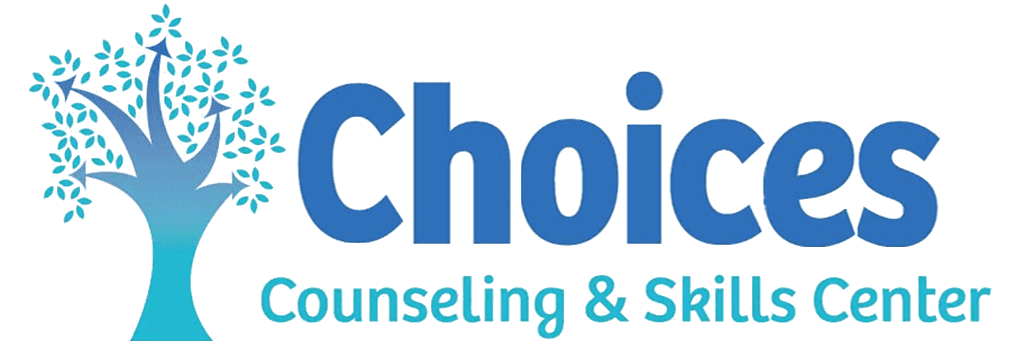What is DBT?
Dialectical Behavior Therapy (DBT) helps people find the difficult balance between accepting the things in life that cannot be changed and learning the skills to be able to change life patterns, habits and choices in order to reduce unrelenting crisis and suffering.
The approach of DBT balances the understanding that many people struggle with the ability to understand, recognize, or manage their own emotions and that their lives as they are living them are sometimes intolerable. The answer in DBT lies in providing skills and strategies to improve a person’s ability to manage their emotions and interact with the world while also giving the tools needed to accept those parts of their life that cannot be changed or avoided.
This treatment has been shown in numerous studies to:
Enhance motivation to live life more fully
Improve a person’s ability to regulate emotions and focus attention more effectively
Build stronger relationships with others
Decrease behaviors that are harmful to self or others
Gain the ability to manage a life crisis
DBT was researched and developed in the 1990s by Marsha Linehan, Ph.D. at the University of Washington. Although DBT was originally developed to treat women with Borderline Personality Disorder (BPD), it has proven effective for a wide range of issues, particularly those stemming from inability to or difficulty in regulating emotions. DBT is evidence-based, which means it has been researched in many clinical trials for a multitude of outcomes.
People can learn to regulate emotions when they want to or when it is important for them to do so – at work, at home, in school and other social settings. DBT provides skills that can be practiced until they become natural to use, even when feeling overwhelmed or out of control. Until we learn new skills, our actions are often based on what “feels right” in the moment or are our knee-jerk reaction – and even though they may be effective or reasonable in the moment, these actions might be harmful to ourselves or to important relationships, or knock us off our path towards other goals. DBT can help in making our actions and emotions a choice as opposed to a reaction, and increase success in resolving problems getting in the way of reaching goals.

